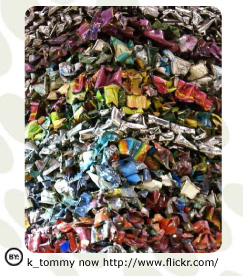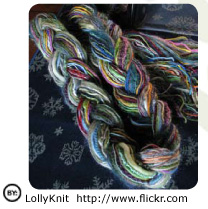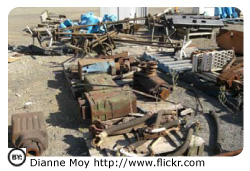Waste Report
“Waste” as a valuable resource.

Most EBD waste stays within the district or is sent for re-use or recycling to the Melbourne CBD. Residents sort their waste in a number of different ways; there are the clearly identifiable recyclables “Please use me again”, the more ambiguous materials “Surely we can use this again”, food contaminated rubbish “For bio-gas and animals only”, and food stuffs “I’m natural”. Within these categories waste is separated by type. The Materials Sorting Center staff assess the quality of items, selecting those able to be reused, refurbished or repaired; remaining materials are reclaimed.

Since 2018, unwanted large appliances have been sent back to manufacturers under the national take-back scheme. Many of the items from the ambiguous materials waste stream are sent to the EBD component dismantlers, and many of the recovered components are used or exchanged within the Melbourne Redesign producers network. Of all the items that end up in the materials recovery system, around 85% is reused. There are now three incubator companies using these materials in their product lines. Clothing able to be reused now has a separate collection system which was introduced about five years ago. Those who have chosen to participate in the organic composting scheme use the new kitchen-based units which are regularly collected. The Food Depot and our microbrewery have finally perfected their container re-use system, which is part of the EBD ‘eat and drink local’ initiative that has dramatically cut down the amount of glass in the waste system. These reusable containers have become one of our most popular tourist items.
The clever design of the whole waste system allows recycling at EBD to be a simple part of daily life. Our information system has won three design awards recognising its success in guiding people through the different ways they can dispose of their rubbish and sort out what materials belong to which waste streams. Local packaging for goods is best described as ‘minimalist’. Waste that is not processed on site is transported (via tram / train) to the central Melbourne recycling and bio-gas facility.
Super-Low consumption initiatives have dramatically cut the total waste of EBD; goods are used more intensively before the end of their ‘first life’. This was the inspiration behind many of the sharing systems seen throughout EBD such as the libraries, shared appliance centers and swap shops.


